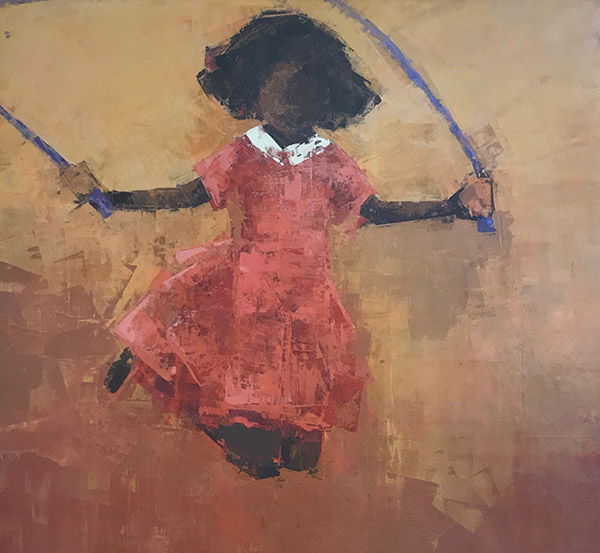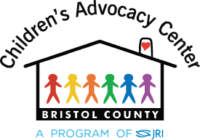Children can become confused or further traumatized when questioned by several people regarding an allegation or disclosure of sexual abuse. At the Children’s Advocacy Center of Bristol County, a specially trained child forensic interviewer speaks to the child about difficult subjects in an effort to reduce the associated trauma of being subjected to multiple interviews.
What is a child forensic interview?
A child forensic interview is a child-focused, neutral fact-finding conversation taking into consideration a child’s developmental stage. The interview is designed to elicit the child’s detail of the alleged crime so that there can be a coordinated and efficient investigation and prosecution process as well as offering mental health connection to assure the best possible road to healing.
A child forensic interview is legally sound because it ensures objectivity employs non-leading techniques and emphasizes careful documentation of the interview.
What should I tell my child about the child forensic interview?
Most importantly, let your child know that they are NOT in any trouble. Assure your child that the Children’s Advocacy Center is a safe place to talk and that everyone there is here to help. Do not repeatedly question your child about the abuse. If your child brings it up, listen without commenting or questioning and take note of what they say. Do not have your child practice what to say.
Who conducts the child forensic interview?
A child forensic interviewer is conducted by a specially trained individual who is educated and skilled in speaking with children about traumatic experiences.
What is the MDT role during the interview process?
Interviews are observed live via closed-circuit technology in a separate room by representatives of the MDT comprised of law enforcement, Department of Children & Families, Bristol County District Attorney’s office and other partner agencies. The MDT response is based upon the best practice model of providing a coordinated team response to child victims of abuse and their families.
Did You Know?
Before the evolution of Children Advocacy Centers 38 years ago, abused children were often subject to an adult-model of interrogation causing additional trauma impacting the prosecution and journey of mental health and physical healing.

